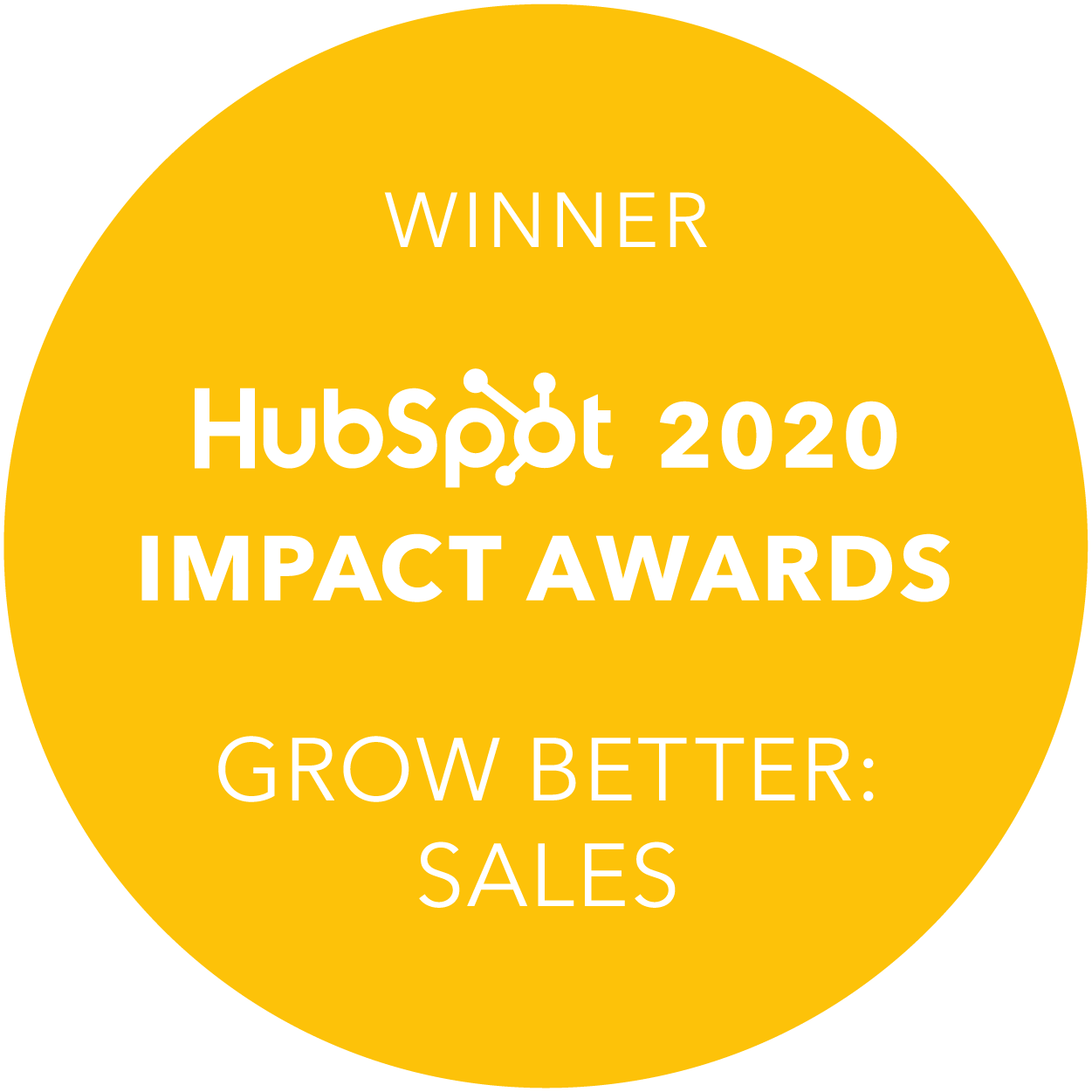Passion drives a small business, either to release a new product in the market or to provide more competitive services in the market. One thing is for sure; the business owner is the fuel behind the new business.
Armed with, and surrounded by a network of business professionals keen to watch the birth of an exciting new product or proposition in the market, typically businesses grow well in their first few years. But then what? As company revenue increases, so do the overheads, accommodating more resources to further fuel the business, with more resources comes more spending, and the chain continues. It is something that I hear time and time again.
What happens when the tank starts to run dry?
Having exhausted all of their professional contacts that fuelled their early growth, businesses are forced to chase the next significant opportunity, no matter if it goes off-piste, after all, they have a family to feed and need to keep a roof over their heads.
Many businesses often overlook the importance of their marketing, and it is when they focus on this, that they start to create a consistent sales pipeline and catapult their businesses to the next level.
To grow revenue and keep pace in today's changing market we have to do than just push Google ads, Facebook ads, social media posts, or local business adverts - it has to be all of them and more, much more!
Why?
Well whether we like it or not, as buyers and influencers our habits have changed. We research everything online, and more to the point we make decisions online often influenced by what appears to be most relevant to our searches. We read proof points such as feedback scores, case studies, how many times a business appears in Google search results, the list goes on!
Are we Scientists?
The internet boom has blown traditional marketing out of the window; no longer do those once trusted marketing tactics such as annoying pop-up ads work. Buyers go on a journey. These are the steps and thoughts they go through when they are exploring a purchase or trying to solve a problem they have. So, marketers have to evolve and become more data-driven, they need to be data scientists, where they can understand their buyer in as much detail as possible.
Knowing your buyer means that your content marketing plan has a high success of driving sales, being able to present the buyer with the right information when they need it, no matter how many times they come back online and pick up where they left off. You will always ensure that you appear in their search results, and are continuously helping that buyer on their journey of discovery and decision making. Data-driven marketing is the new norm.
 10 important must have's for every marketing team (even if its just one person)
10 important must have's for every marketing team (even if its just one person)
- Know and understand your prospect/customer in as much detail as possible.
- Make smart decisions and have the clarity to target the most profitable segments, not those which bring in the most revenue.
- Create new content not just to attract new customers, but content specifically for lead nurturing and conversion based on your target audience profiles, leading to better-qualified leads - and content for each stage of the buyer journey.
- Ensure unity between sales and marketing teams, with integrated pipelines where everyone is accountable.
- Develop personalisation in marketing automation and sales systems, such as HubSpot.
- Streamline integration between business systems, with prioritisation between your marketing software, CRM system and website platform.
- Develop closed-loop reporting to analyse ROI and evaluate marketing efforts, which lead to new tactics - know where to focus your efforts.
- Optimise your content based on what your buyers are searching for, based on research and fact - most of us forget what the buyer searches for the moment we sign our employment contracts.
- Structure your content to address the buyer pains - what problem does your product/service resolve? How could your product/service help the buyer to achieve their business goals?
- Always think about the buyer's journey - so they have read four blogs, what's the next piece of content to help them in the buying decision? The decisions you make about your content marketing could be the make or break in signing a future sales deal.
Of course, there are lots more, but if you can start to think about these 10 points, then you are well on your way to re-focus your business on a new marketing approach, designed to attract prospects to you!
In conclusion
A cost-effective way for small businesses to kick-start their marketing is by adopting an inbound marketing approach. Whereas traditional marketing such as TV ads, direct mail, and cold calls interrupts customers, the inbound marketing approach reaches people organically through SEO, blogs and social. It focusses on creating compelling content that solves real-world problems, gains trust and draws people to your brand. When creating the content, you need to think carefully about who your customer is, what are their needs and interests and base your content around solving these.
Here at RevM, we partner with HubSpot, the worlds leading authority on Marketing and Sales for SMBs, because of this we can offer you a full review of your online marketing presence in conjunction with HubSpot, and feedback to you in person what we found, and ideas to improve, especially when it comes to making your data-driven marketing plan accountable to the business revenue goals.
We love helping businesses like yours. No sales pitches, just sound advice. Guaranteed!

.png?width=200&height=67&name=RevM%20Digital%20Marketing%20Agency%20Woking%20Surrey%20(1).png)







